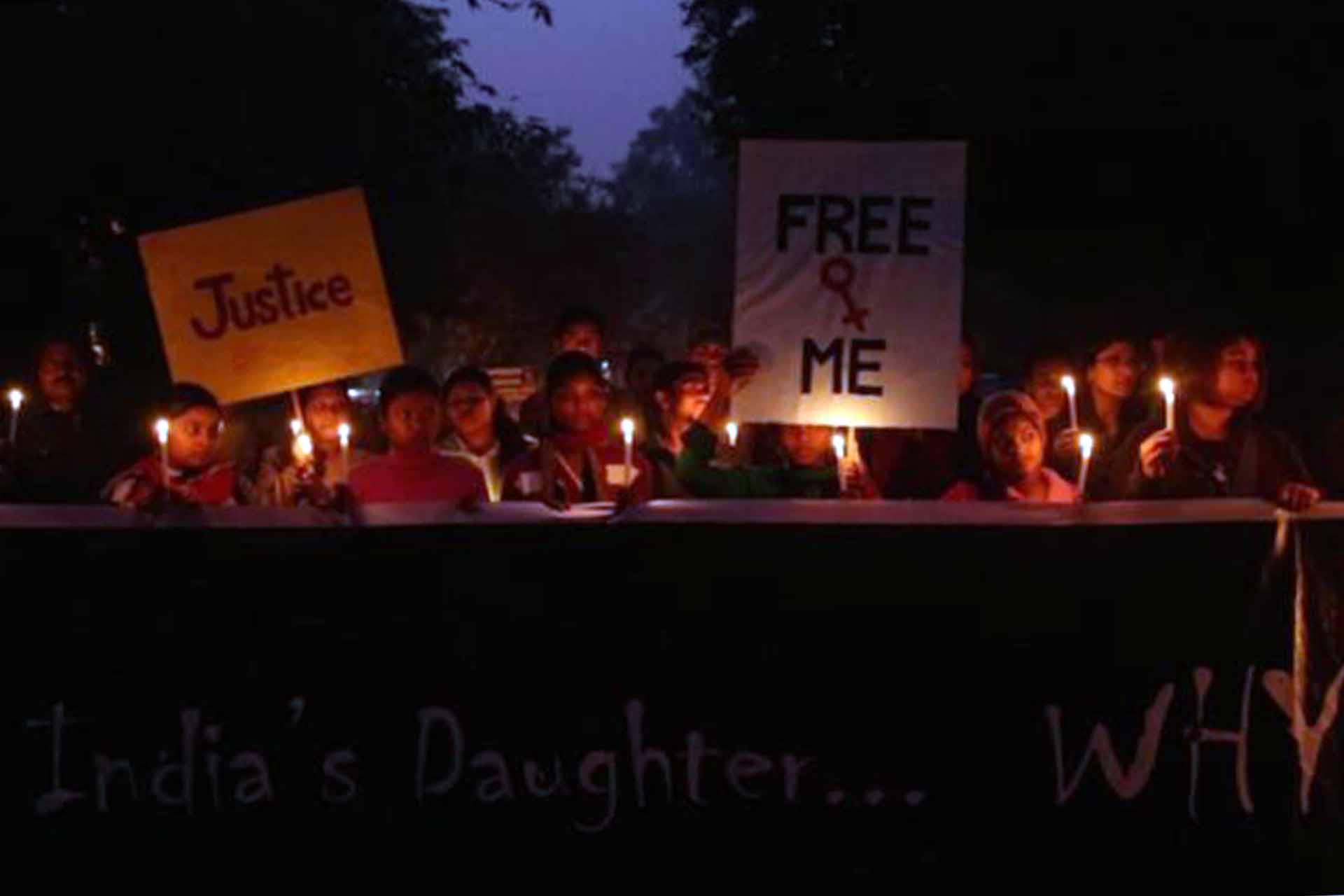
This is Part 2 of my interview with Leslee Udwin, director and producer of the India’s Daughter documentary film and campaigner for women’s rights. Part 1 can be read here.
DC: What role do you think gender equality plays in the development of India?
LU: Well, Dr Ambedkar who framed the Indian Constitution, said “we will measure the progress of society by the progress of our women.” He understood that gender inequality is absolutely rife in India, and anyone who denies that has their head deeply buried in the sand. This isn’t a competition. Many emails I receive say things like well your country rapes more than my country which is a childish way of looking at it. Of course there is no justification in the 21st century for gender inequality. Girls are controlled, boys are not allowed to express themselves emotionally – both are straightjackets.
DC: How can we encourage open dialogue on issues such as honour killings and forced marriages among minority communities in the UK?
LU: Forced marriages and honour killings are yet another symptom of gender inequality. I have stopped believing that we can do anything sufficiently meaningful on these issues with the existing mindsets and I don’t think we can change the existing mindsets. I think we have to re-educate from scratch, I think that’s our only hope and look to the next generation and make them advocates of equality.
DC: So, what’s next for the you and your team?
LU: We’re trying to ensure that this revolutionary initiative (referred to in Part 1 of this interview) gets traction and that it happens, which means fundraising to an enormous extent, travelling the world and engaging with education departments and doing a massive amount of research.
DC: How can our readers stay connected to your work, or get in touch if they wish to help, fundraise or volunteer?
LU: They can hold screenings and ask people to donate, they can also talk to schools and start preparing for this new education initiative. They can email us and visit our website – we are also hoping to launch an ESGI website soon too. They can certainly volunteer. Anyone who reads the article and feels touched by the sentiments can get in touch if they have the capacity and passion to get involved. There is no end to how many hands we need, it is a very big and ambitious project!
DC: Shiva Foundation is hoping to launch a youth campaign on the issue of human trafficking, what insights and advice can you give to us given your recent campaigning experience?
LU: I think the power of film is not to be underestimated in engagement. For me, film is sacred and is the most powerful political tool that there is. When films are powerful they can be transformative. I cannot tell you the number of young people who have become activists just from seeing this film.
Empathy means seeing something from another person’s point of view, and the minute you do that it’s much harder for you to see that person as an object void of value because you’re immediately ascribing humanity and feelings to that person. I would say screening powerful films to young people is the first step in engagement. From that, encouraging them to form clubs at the school, to be a presence for that issue, asking teachers to include information about the topic, and allowing them to present and share information to the class would be a very good first step.


